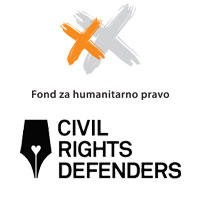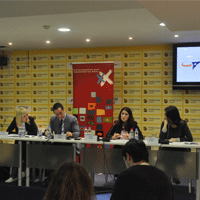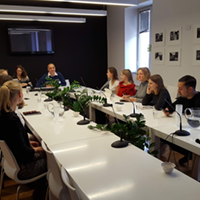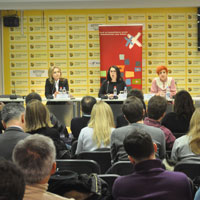

On Thursday, January 31, 2019, the Humanitarian Law Center (HLC) presented its eleventh dossier on possible perpetrators of war crimes during the armed conflicts of the 90s in the former Yugoslavia. The Dossier “Crimes against the Croats in Vojvodina” shows that in the period 1991-1995, in the territory of the Autonomous Province of Vojvodina, there was a campaign of intimidation and pressure on Croatian civilians, with the aim to force them to leave their homes, and Serbia as well.
Opening the event, the director of the HLC legal programme, Ivana Žanić, stated that evidence was presented in Dossier about threats, intimidation, destruction of property and the disappearances and murders of Croats throughout Vojvodina. The main inspirers of the campaign of intimidation and persecution of Croats were members of the Serbian Radical Party (SRS), led by Vojislav Šešelj, as well as various groups associated with this party. In this persecution of Croats, members of the Yugoslav People’s Army (JNA) and of the Serbian Ministry of the Interior (MUP) also participated, including the State Security Service (RDB). Šešelj explicitly called for the persecution of Vojvodina Croats in his speeches, advocating for the forced removal of as many Croats from Serbia as of Serbs forced to move from Croatia. At that meeting in Hrtkovci, on May 6, 1992, Vojislav Šešelj said that there was no place for Croats in Vojvodina, which is why Serbs from Hrtkovci should “get rid of them” as soon as possible. After this speech, a campaign of intimidation began, which resulted in the departure of around 450 Croatian families from Hrtkovci. Žanić concluded that there is nothing surprising about the absence of any reaction by state organs to the statement made by Vojislav Šešelj after the International Criminal Tribunal for the former Yugoslavia (ICTY) had convicted him of persecuting Croats from Hrtkovci – that he would gladly repeat his war crimes – since the current political officials of Serbia were mostly members of the SRS at the time when the Croats were expelled from Vojvodina.
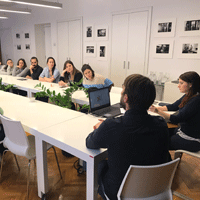








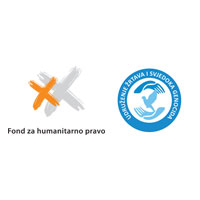


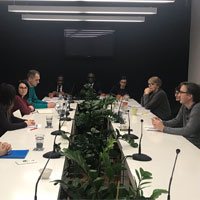









 On January 29, 2019, Professor Zdravko Grebo, a long-time friend, associate and member of the HLC Executive Board, passed away in Sarajevo. Always perspicacious, amusing and charming, ever ready to share an anecdote from his life regarding almost any topic, he had a proposal for a solution to the challenges we might be facing. Until the very end of his life, he consistently and firmly advocated for establishing the truth and responsibility for the crimes committed during the wars in the territory of the former Yugoslavia during the 1990s. The passing of Professor Grebo is a great loss for all sincere advocates of a civil society, but his works remain, for all his admirers to be proud of. We will remember him and keep him in our memories always.
On January 29, 2019, Professor Zdravko Grebo, a long-time friend, associate and member of the HLC Executive Board, passed away in Sarajevo. Always perspicacious, amusing and charming, ever ready to share an anecdote from his life regarding almost any topic, he had a proposal for a solution to the challenges we might be facing. Until the very end of his life, he consistently and firmly advocated for establishing the truth and responsibility for the crimes committed during the wars in the territory of the former Yugoslavia during the 1990s. The passing of Professor Grebo is a great loss for all sincere advocates of a civil society, but his works remain, for all his admirers to be proud of. We will remember him and keep him in our memories always.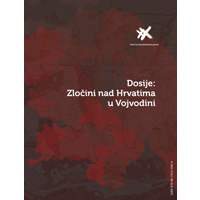
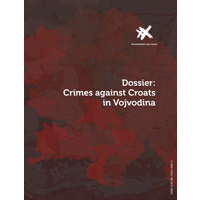 On Thursday, January 31, 2019, the Humanitarian Law Center (HLC) will present its eleventh dossier, entitled “Crimes against Croats in Vojvodina” (Dossier). The presentation will take place in the Great Hall of the Media Center in Belgrade (Terazije 3, II floor) at 12:00.
On Thursday, January 31, 2019, the Humanitarian Law Center (HLC) will present its eleventh dossier, entitled “Crimes against Croats in Vojvodina” (Dossier). The presentation will take place in the Great Hall of the Media Center in Belgrade (Terazije 3, II floor) at 12:00.